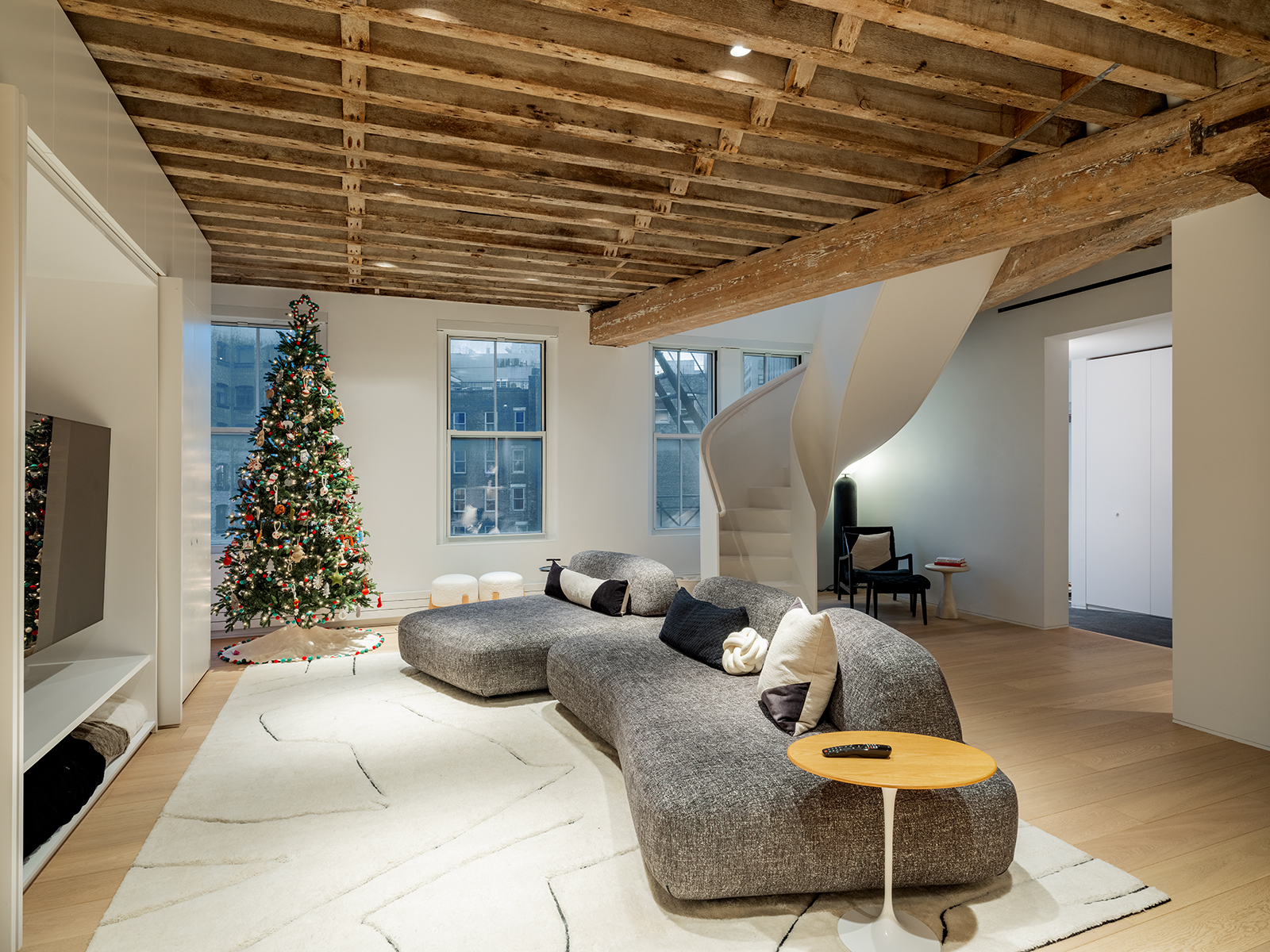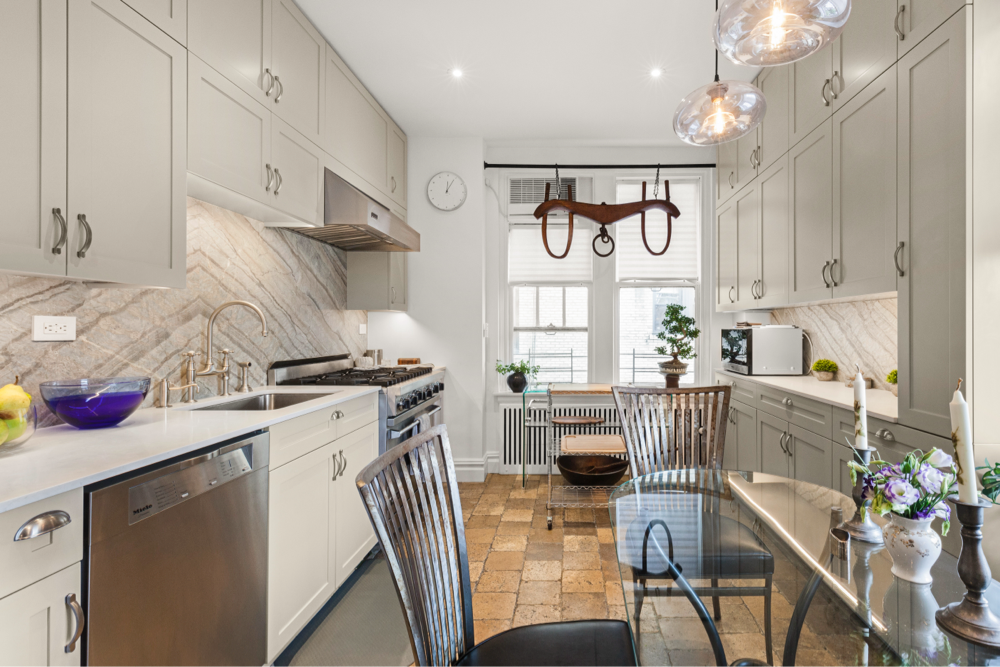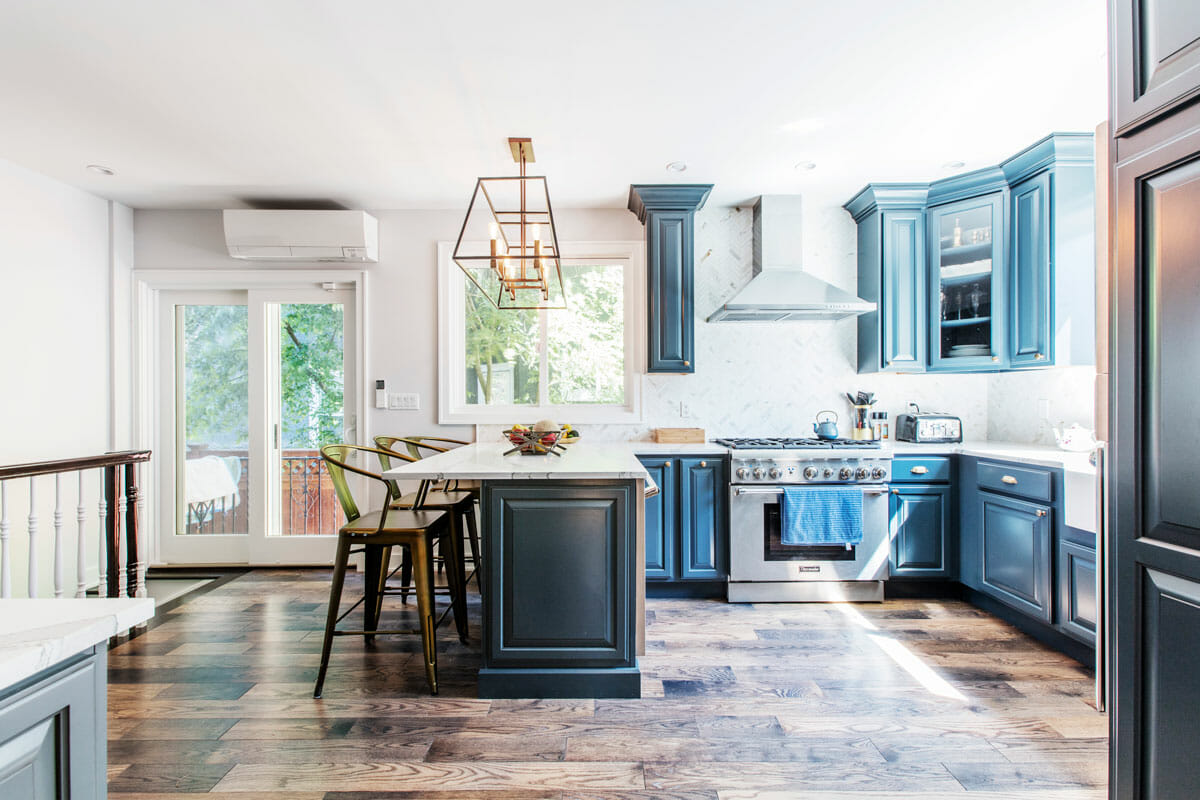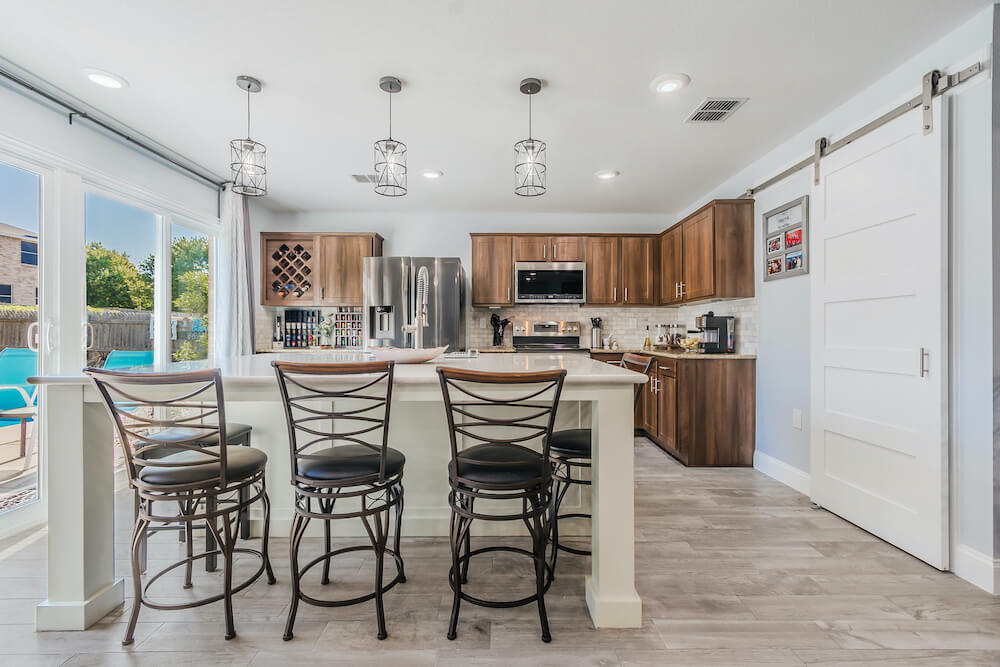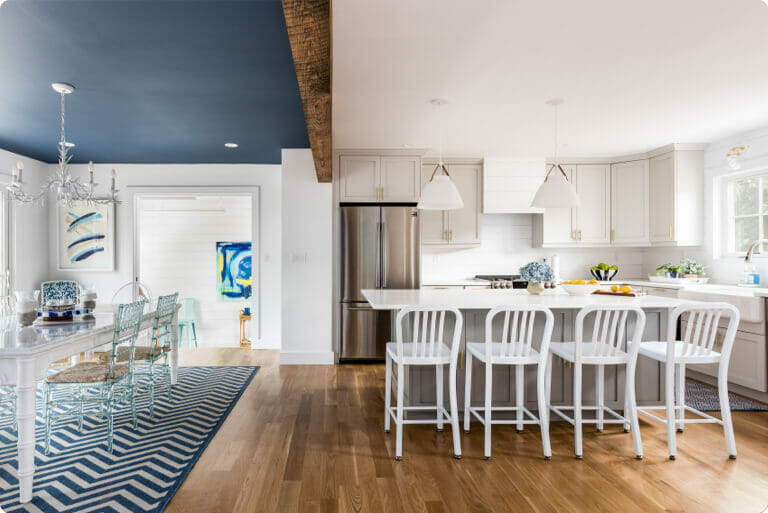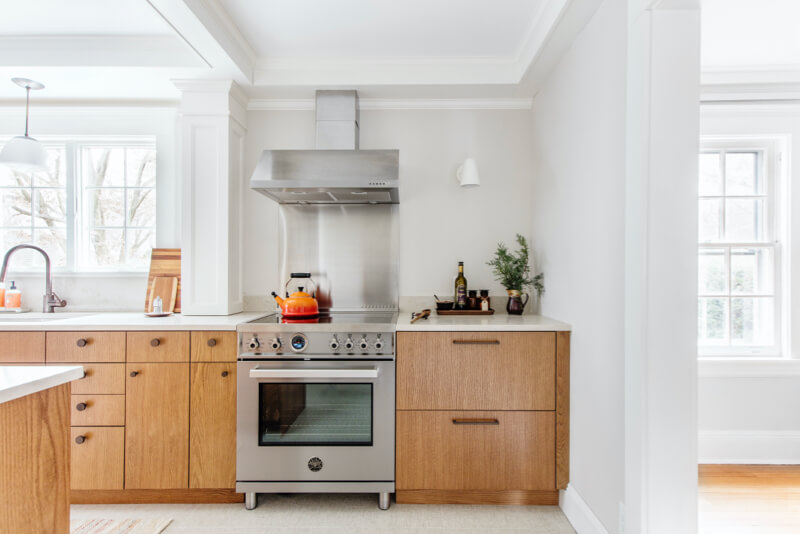The Do’s & Don’ts of Closing and Renovating
Renovating your home can be an exciting time, but it’s important to carefully consider the closing process before you break ground. This blog post from Sweeten dives into the do’s and don’ts of closing on a home and planning a renovation, ensuring a smooth transition from homeowner to renovator. Sweeten also offers free guidance, tools, and support to people throughout the renovation journey, so you can feel confident every step of the way.
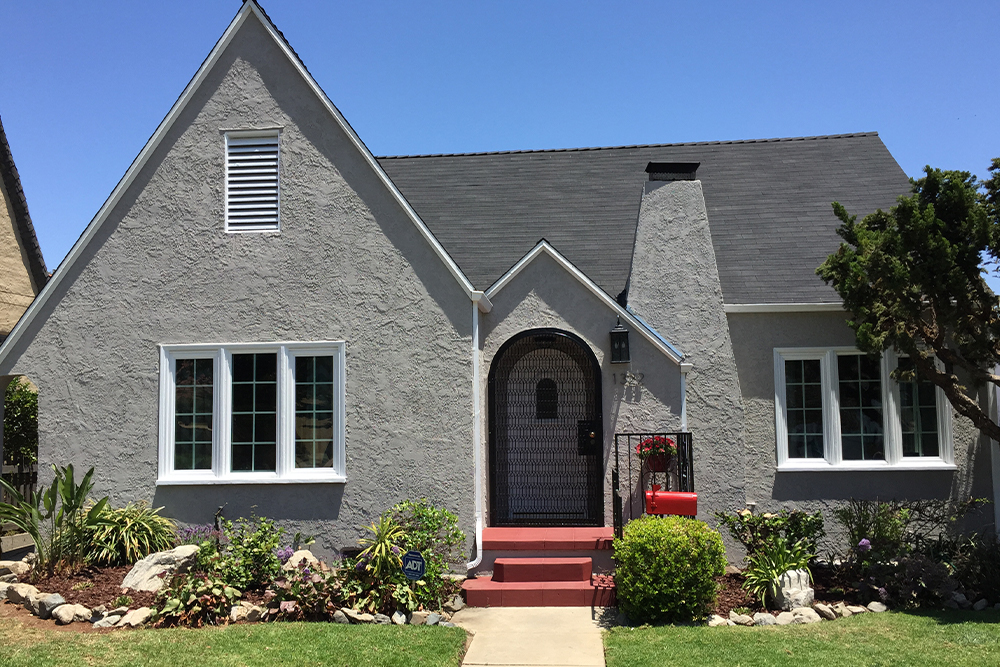
So you’re in the process of buying a home and you’re already making renovation plans. Congratulations! This is an exciting time and we understand you’re eager to get going right away. Sweeten outlines the do’s and don’ts of closing on a home and planning a renovation.
Sweeten matches home renovation projects with vetted general contractors, offering guidance, tools, and support—for free.
The big question: When’s the right time to start talking to contractors and design professionals?
A. When you make an offer?
B. When you have an accepted offer?
C. When you have an accepted offer and a deal sheet from your broker?
D. When your attorney is preparing the contract and conducting a due diligence review of the property and building?
E. When you have a signed contract and the deposit has changed hands?
F. After you close?
G. When the condo, co-op board or town DOB approves the plans?
We talked to James Jantarasami, a New York attorney with expertise in housing and real estate to explore the question. James walked us through a few do’s and don’ts of buying a home and renovating.
At Sweeten, we’re experts at all things general contractors — we pre-screen them for our network, carefully select the best ones for your remodeling project, and work closely with hundreds of general contractors every day. So, we’ve tapped our internal expertise to bring you this guide.
Own your property before finding a contractor
DON’T shop around for a contractor before you have a place. Maybe this is obvious, but we sometimes see prospective owners jump the gun and try to interview contractors about a theoretical project. You will not be able to have a productive conversation with an architect, designer, or general contractor without knowing the exact details about the space you will be undertaking. Don’t start this conversation without an existing layout. Sweeten brings homeowners an exceptional renovation experience by personally matching trusted general contractors to your project, while offering expert guidance and support—at no cost to you. Renovate expertly with Sweeten
DON’T look for a contractor at the offer stage. An experienced general contractor can put together a detailed estimate in 1–2 weeks. Many will only commit to that pricing for 30 days. Therefore, finding a contractor at the offer stage is too early in the process.
Start Bid Leveling When in Contract
Once you’ve entered into a contract to purchase a property, leverage the accessibility to start the planning process. Bring in your architect or contractor to take measurements and discuss initial design ideas. However, before commencing work, ensure you have the following:
- Certainty of Ownership: A signed contract provides a reasonable expectation of ownership but is not definitive.
- Building Requirements: Confirm the specific requirements of your condo or co-op building, as well as those of your city or town’s Department of Buildings (DOB).
- All Necessary Approvals: Ensure compliance with both building and DOB regulations, regardless of whether you’re purchasing a condo, co-op, or single-family home.
Make the most of your time in contract by scheduling site visits with multiple general contractors. Obtain at least three estimates to get a range of bids and services. This process also allows you to assess different personalities and find the best collaborative partner. Sweeten’s in-house team can assist you in breaking down and comparing renovation bids, both Sweeten and non-Sweeten.
Start Your Designing After Contract
Avoid starting design work until you’re in contract and the deposit has changed hands. The purchase process can be unpredictable, and investing in design before closing carries risks. While a signed contract provides a stronger assurance, it’s still prudent to wait until closing to engage an architect or design professional.
Wait for the Board Approval Process to Complete
Refrain from making any changes to the property until you’ve closed, obtained necessary approvals from your city or town’s DOB, and secured board approval for co-op or condo purchases. Avoid major alterations or cosmetic changes until the deed changes hands and all paperwork is finalized.
Consider renovation costs
DO consider your home renovation plans before you make your offer. As a prospective purchaser, you can build the cost of the work needed into your offering price. Check out Sweeten’s renovation cost guides to factor into your overall budget. Alternatively, ask the seller to handle some renovations or repairs before you close as part of the offer negotiation. However, keep in mind that this is rarely a viable option (unless the seller is a developer). Most sellers aren’t going to be interested in doing home renovation work prior to closing. Even if they are, you’ll have to be willing to wait potentially months for permits and sign-offs to be obtained prior to closing.
If your seller agrees to handle a few upgrades, you might save time and effort by letting them navigate the building’s and/or DOB’s requirements and completing the work before you close. The same goes if you’re purchasing a single-family home. But instead of dealing with a building’s requirements, the seller will only need to meet the DOB’s requirements.
If your seller agrees to a discount so that you can cover certain repairs or renovations, you’ll need to handle the logistics and wait until you close. Having control over the process means you and the seller can avoid disagreements over the quality of the renovated work.
Plan for delays in the process
DO plan for delays and variables during the contract and closing process. Delays from the lender are one of the most common reasons a closing stalls. Condo and co-op board approvals can also add a month or more to your closing date, and you’ll still need approval from your city or town’s DOB. If you’re buying a single-family home, you’ll only need approval from the local DOB, so there’s one less step for you as the buyer.
Your attorney should be looking at everything that can go wrong: debts or liens against the seller, judgments or mortgages against the home, damage to the home that occurs between contract signing and closing (a water leak, floor or wall damage, appliance issues, etc.). If buying a condo or co-op, watch for any fiscal problems in a building’s financial reports that might spook the lender. Hopefully, none of these issues will derail the closing altogether, but you won’t be able to begin any work until all signatures are in.
Will you need accommodations?
DO budget for the in-between time. Since you can’t start home renovation work on a new home until you close, you may need to find another place to live while work is underway, or account for a period of time without rental income if you are renovating before tenants move in.
So to recap, when can you start truly planning your renovation? The correct answer (in most cases) is E. This means that generally, you can start:
- Designing once you are in contract
- Building once you close and have official approval from your city or town’s DOB
- If you have a co-op or condo, you will also need to get approval from your governing board
If you’ve closed on a new place (congrats!) and are ready to find your general contractor, post your project on Sweeten to get started!
We Can Help You With Planning
Find endless home renovation inspiration, detailed guides, and practical cost breakdowns from our blogs. You can also post your project on Sweeten today and get matched with our vetted general contractors for free!
